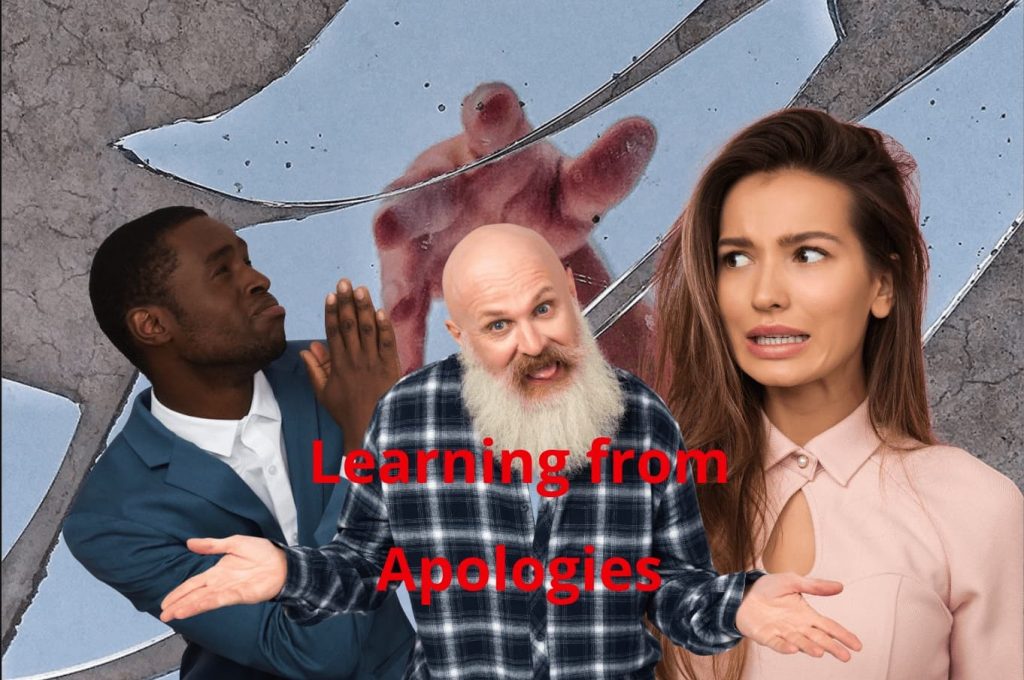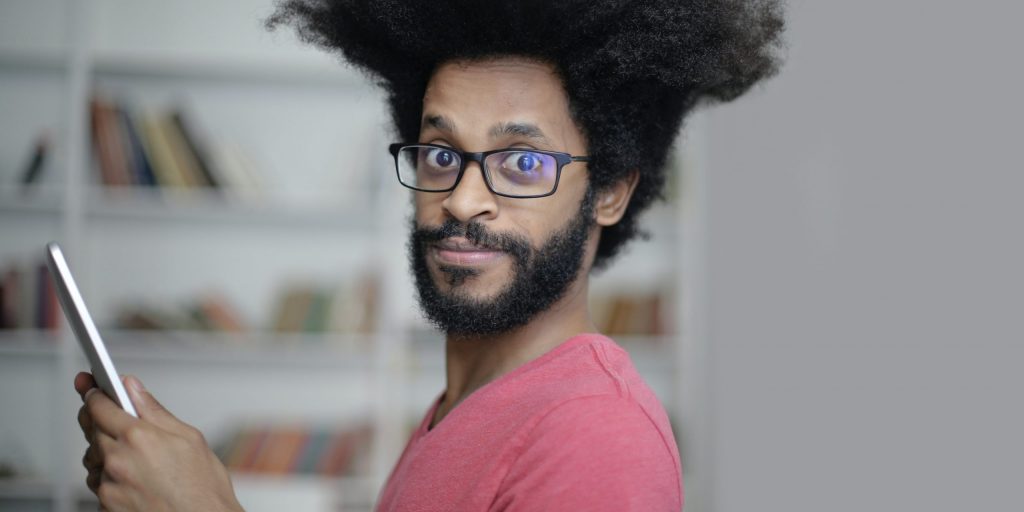Apologies are an invaluable treatment tool. Sure, the experience of being held accountable and needing to apologize can be painful. Once you learn to appreciate their value to your development, however, apologies provide an opportunity to reflect, empathize, and plan for change.
Ever heard of “failing forward?” A good apology is the key to tapping into this hidden benefit and cultivating a more resilient attitude. A good apology can transform tragedy into triumph because it supercharges your efforts to make behavioral changes due to the strong emotional drive. At the same time, heartfelt apologies also boost your self-image and increase awareness. Fail forward with good apologies.
What makes a good apology?
1. Reflect
Take responsibility and clearly state what you’re apologizing for.
Think about what you did, the consequences, and the impact on others. Atypicals don’t naturally spend time reflecting because we are hyperfocused on the present moment. The past quickly fades. Without additional effort, you will be apologizing for the same things, on a loop, for your entire life.
2. Empathize
Keep the focus on your actions.
Not your intentions. “I was just trying to…” blah blah blah doesn’t matter.
Not the other person’s reaction. “I’m sorry you got upset,” is not an apology.
Atypicals often find it difficult to empathize with others. Our own feelings are so powerful and compelling that we find it difficult to imagine another person’s experience. Apologizing offers a chance to spend the extra time and effort required to really connect with another person’s experience; their perception of our actions and their feelings about it.
3. Plan
State what you plan to change going forward. What will you do to ensure that this never happens again?
Focus on the ACTIONS you will take. Words are just words. They are empty. Especially if the behavior is recurring. If this is your third or fourth time apologizing for the same thing, then your words mean nothing. Walk the walk. Communicate clearly what that means.
Spend time thinking about each of these steps before you open your mouth. Apologies need to be timely, but not rushed. Write it down. Emailing an apology can give you a record of past apologies, which enables you to see patterns of persistent behavior. That is very important for atypicals who are frequently forgetful and easily default to assuming everything is fine.
If you are having trouble understanding why you need to apologize, try a learning conversation. First, ask the other person to describe the situation from their point of view. Then, repeat it back to them in your own words. Ask if you’ve got it right and keep trying until you do. Finally, switch roles.
Two things to avoid in Learning Conversations
Avoid “you” statements, like, “you always” or “you never.” Instead, focus on “I” statements, like, “When X happens, I feel…”
Avoid emotions and focus on the facts. It’s OK to describe how certain actions make you feel objectively, but if you start to actually become emotional, take a break and cool off. You don’t want to carelessly say something to make the situation worse.
Learning conversations can help improve your apologies and are an important technique to heal close relationships. For most relationships, the magnitude of the fight is not as important to people as our desire to make amends. This is why apologizing well is so powerful.
When things go wrong, put your feelings aside and make things better with a good apology. Got any tips of your own? Leave a comment and check out the live stream on Youtube for more.



